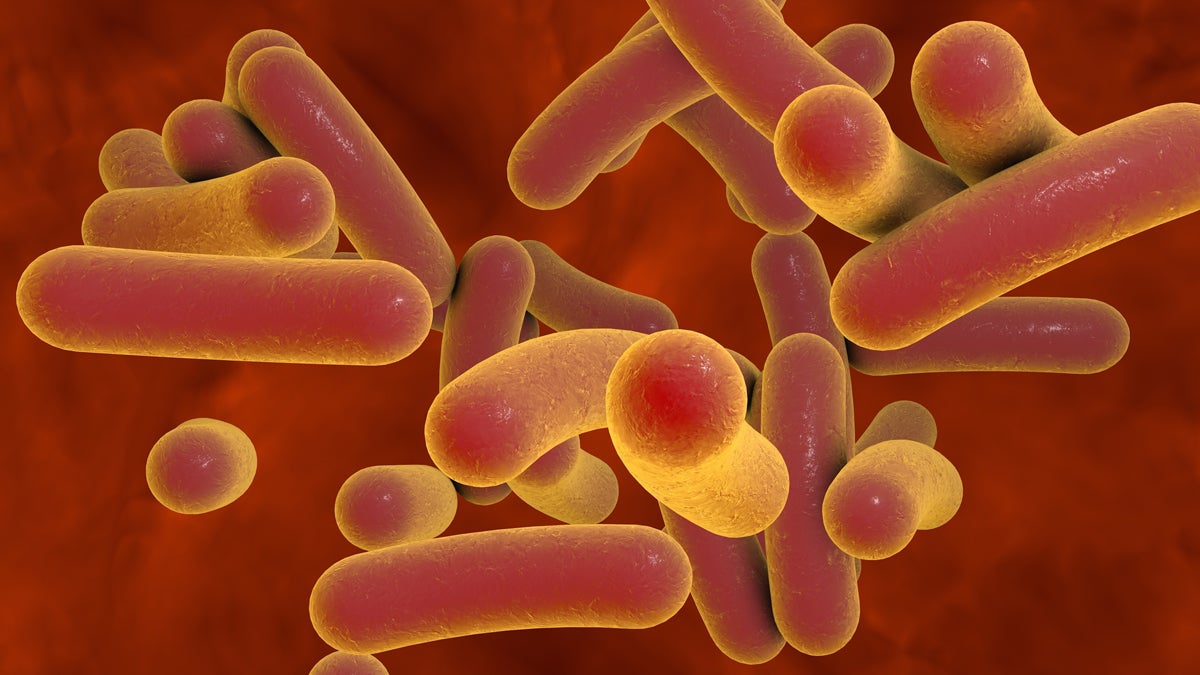Rare infection claims fifth life after surgery at York hospital
 Photo via ShutterStock) " title="shutterstock_321840323" width="1" height="1"/>
Photo via ShutterStock) " title="shutterstock_321840323" width="1" height="1"/>
(Photo via ShutterStock)
A fifth patient has died from a rare infection following open-heart surgery at a hospital in York, Pennsylvania.
It’s the latest death in a string of infections with non-tuberculous mycobacterium, or NTM, a normally harmless bacterium found in soil and drinking water.
“Seventy percent of showers have mycobacteria in them, and so human beings are exposed to these organisms all the time,” said Joseph Falkinham, a microbiologist at Virginia Tech.
Historically, only people with compromised immune systems have been susceptible to them.
“This is a very rare event, and we’re just now beginning to understand how this could happen,” said Michael Consuelos, senior vice president for clinical integration at the Hospital and Health System Association of Pennsylvania.
So far, eight open-heart surgery patients treated at WellSpan York Hospital and three patients treated at Penn State Hershey Medical Center have developed infections. All five deaths have stemmed from infections acquired at York, and the three remaining patients are undergoing treatment.
Consuelos said a typical regimen includes two to three different antibiotics, often for a prolonged period. Falkinham noted that since mycobacteria have especially thick outer membranes, specialized antibiotics are required.
“These are innately resistant because they’ve surrounded themselves with a thick lipid layer, so [most] antibiotics don’t penetrate,” he said.
The Pennsylvania Department of Health is working with the Centers for Disease Control and Prevention on an investigation, which has so far pointed the finger at contaminated heater-cooler units in the York cases. The machines are used to keep blood at the correct temperature during cardiac bypass operations, and are also suspected in the Hershey cases, although this has not been confirmed.
“There’s not mixing of the water and blood,” Falkinham said of the units. But if non-sterilized water is used, he said, a tiny fan used to cool the machine’s pump motor could stir up tiny droplets containing NTM, which could then travel through the air and possibly land in open chest cavities.
In response to the outbreaks, the Pennsylvania Department of Health has ordered both hospitals to replace their equipment, and has put facilities across the state on alert, notifying them of the proper cleaning protocols.
“We have gone out to all hospitals on multiple levels to inform them of the new guidance from the manufacturer on cleansing the equipment,” said Secretary of Health Karen Murphy. “All hospitals in the state,” she added, “are to review their laboratory data to determine whether or not there’s an NTM infection.”
NTM is somewhat unique in that it grows slowly, doubling only once per day, said Falkinham. That has led both hospitals to warn patients who had open-heart surgery as long ago as 2011 about the potential risk, including approximately 1,300 patients at York and 2,300 at Hershey. The latest patient to die had surgery back in December of 2014.
“While we certainly hope no additional patients will develop NTM infections, the reality is that it is a possibility,” said Brett Marcy, a spokesman for WellSpan York. “That said, patients should remember that the chances of acquiring this infection are extremely low,” or less than 1 percent.
WHYY is your source for fact-based, in-depth journalism and information. As a nonprofit organization, we rely on financial support from readers like you. Please give today.

